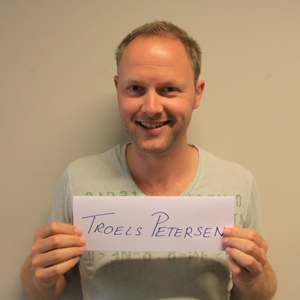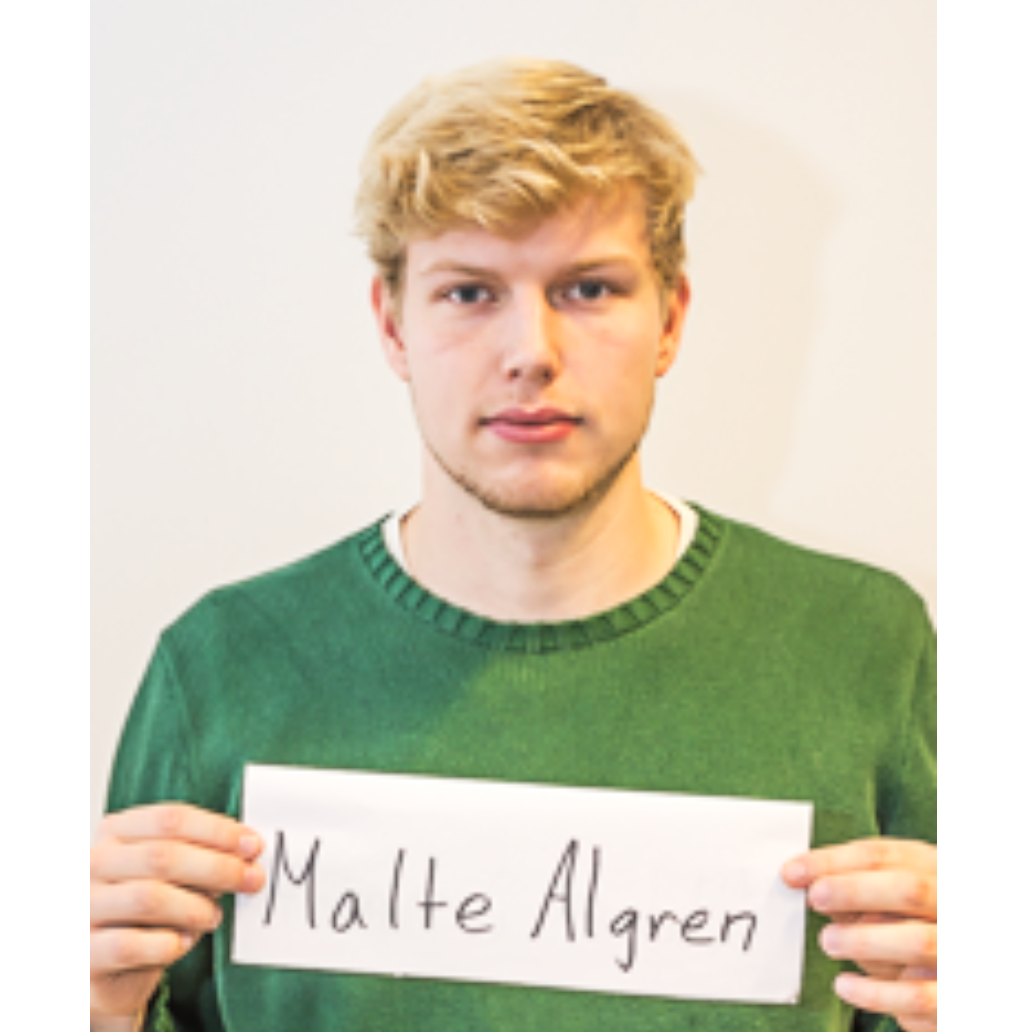Introduction to Statistics 2021 - iNano Aarhus
What, when, where, prerequisites, litterature, lectures, and exercises:
| Content: | Graduate statistics course giving an introduction to statistics and data analysis. |
| The course will cover error propagation, ChiSquare, fitting, Probability Distribution Functions, and simple hypothesis testing. | |
| Level: | Intended for new Ph.D. students and master students. |
| Prerequisites: | Math (calculus and linear algebra) and programming experience (preferably Python or Matlab). |
| When: | Thursday 7th of January: 10-12 + 13-17, Thursday 14th, Tuesday 19th, and Thursday 21st of January, 10-12 (ALL by Zoom). |
| Where: | Lectures: Still to be decided. |
| Exercises: Still to be decided. | |
| Format: | Shorter lectures followed by computer exercises, and discussion. |
| Reference/litterature: | Roger Barlow: Statistics: A guide to the use of statistics. |
| Philip R. Bevington: Data Reduction and Error Analysis. | |
| Programs used: | Simple Python (v3.8+) Jupyter Notebook (see Nature article) or alternatively MatLab (v9.7+). |
| Exercises: | Exercises examplify the content discussed in the lectures followed by questions. All code used will be given below. |
| Language: | English (occational Danish utterings!). All exercises, notes, etc. are in English. |
Course outline:
Below is the preliminary course outline, subject to changes throughout the course.
All slides, recordings, exercises, notes, etc. will be linked below.
Session 1 - Thursday the 7th of January, 10-12: Zoom link
10:15-10:30: Intro to statistics in general (Why Statistics) and (Statistics Overview).
10:30-11:15: Short lecture on central limit theorem, means, standard deviation, correlations, and significant digits (Lecture video).
11:15-11:45: Lecture on Error Propagation (Lecture video).
11:45-12:00: Introduction to exercise (ErrorPropagation_original.ipynb, ErrorPropagation.m) and next three sessions.
(example solution).
Session 2 - Thursday the 14th of January, 10-17: Zoom link
10:15-10:45: Introduction to and setting up of Jupyter Notebooks.
11:00-12:00: Exercises on error propagation - both analytic and using simulation (video and chat).
12:00-13:15: Break
13:15-13:45: Lecture on ChiSquare and fitting (Lecture video and chat).
13:45-14:00: Short lecture on Calibration.
14:15-16:15: Exercises on Weighted Mean and ChiSquare (MatLab-version: ChiSquare).
Example solution of ChiSquare exercise.
Exercise/illustration of ChiSquare fit in several situations, which requires External Functions.
16:15-17:00: Recap and lecture on Good experimental practices and Top 10 of statistics (Lecture video).
Session 3 - Tuesday the 19th of January, 10-12: Zoom link
10:15-11:00: Lecture on Probability Distribution Functions (PDFs) and shortly Likelihood fits (video).
11:15-12:00: Exercises on Binomial, Poisson, and Gaussian.
(example solution).
Session 4 - Thursday the 21st of January, 10-12: Zoom link
10:15-11:00: Lecture introducing hypothesis testing (video).
11:15-12:00: Exercises on simple hypothesis testing (MatLab version).
. (example solution).
Quick evaluation of the course (KU model)
Announcement of subsequent program in "statistics at iNANO":
Session 5 - Tuesday 9th of February, 10-12, Morten Foss: 2x45 min (at iNANO, Aarhus University or Zoom):Session 6 - Thursday 11th of February, 10-12, Jesper W. Schneider: 2x45 min (at iNANO, Aarhus University or Zoom)
Session 7 - Tuesday 16th of February, 9-12, Jesper W. Schneider: 3x45 min (at iNANO, Aarhus university or Zoom)
Sessions 6 and 7 will be a mix of lectures, discussions and some minor excises. Suggested readings for the two lectures will follow in due time.
Following the 7 sessions, participants will be divided into study groups made based on their scientific field to allow for discussion, application and implementation of the learned statistical tools in their individual PhD projects.
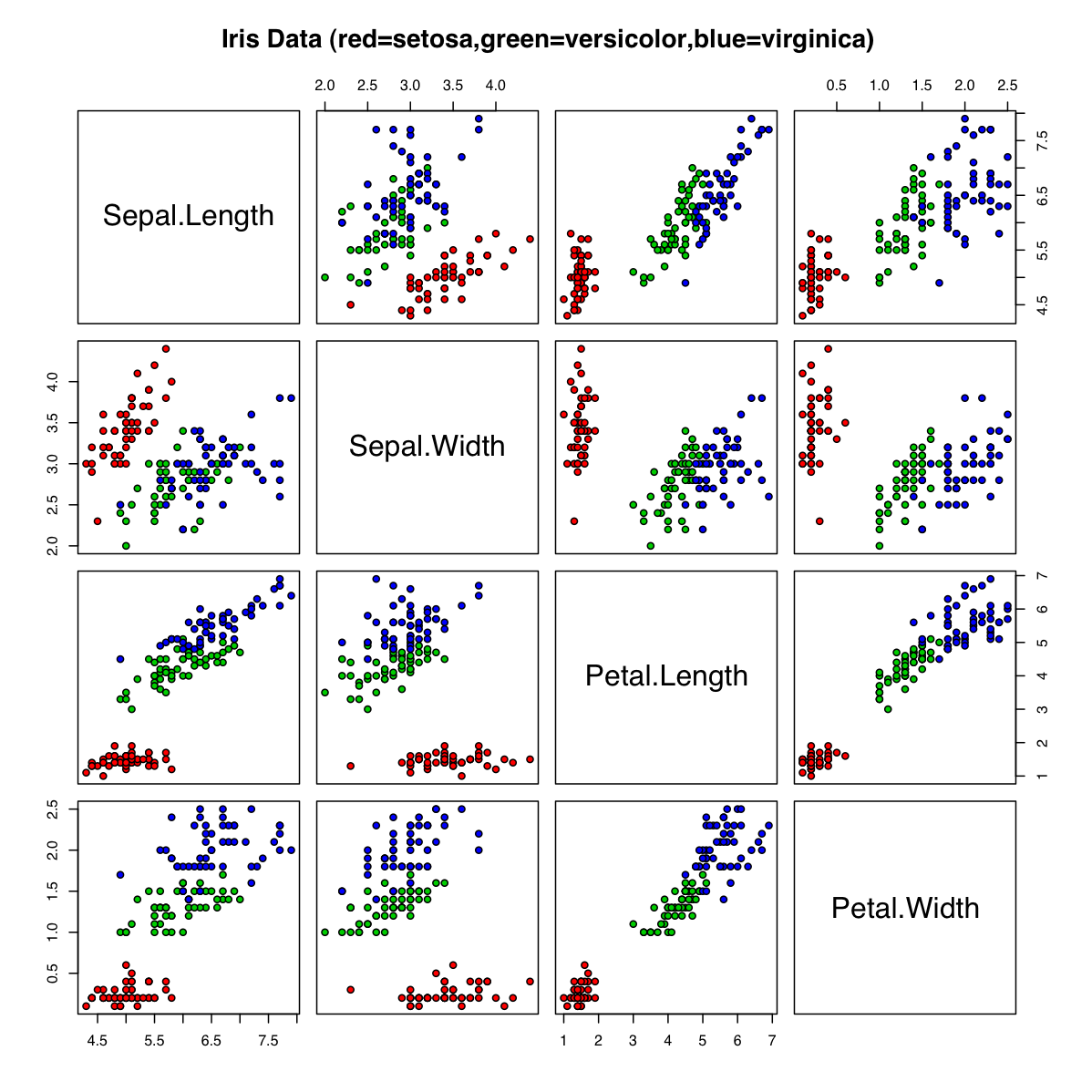
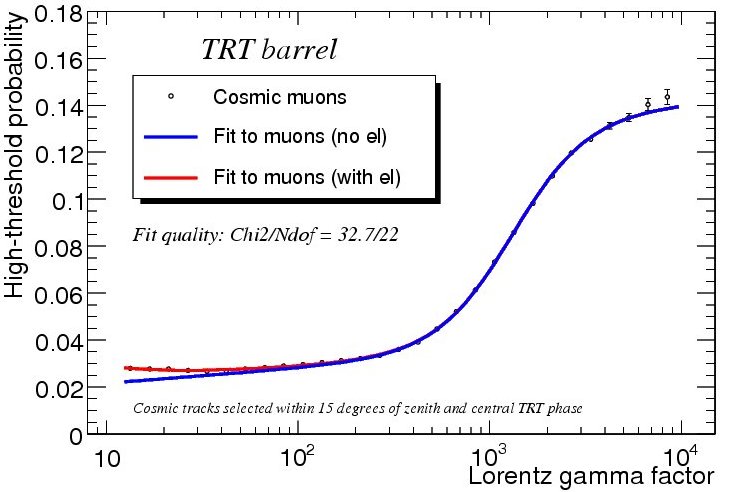
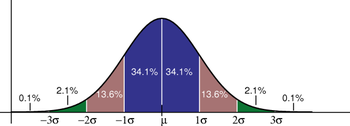
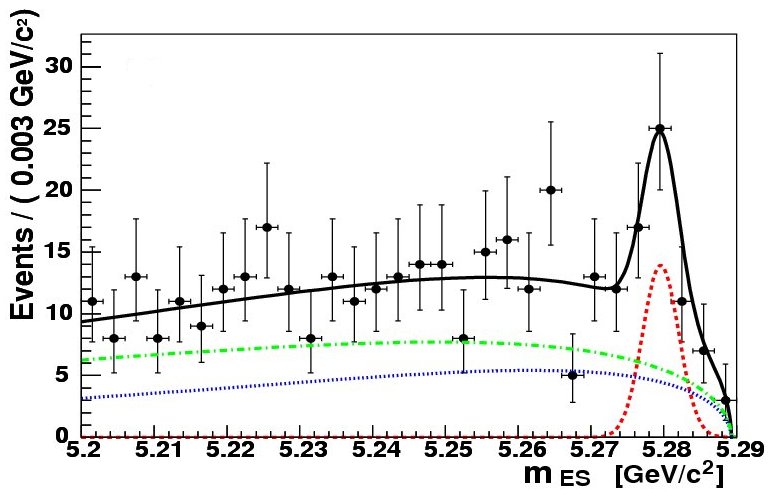
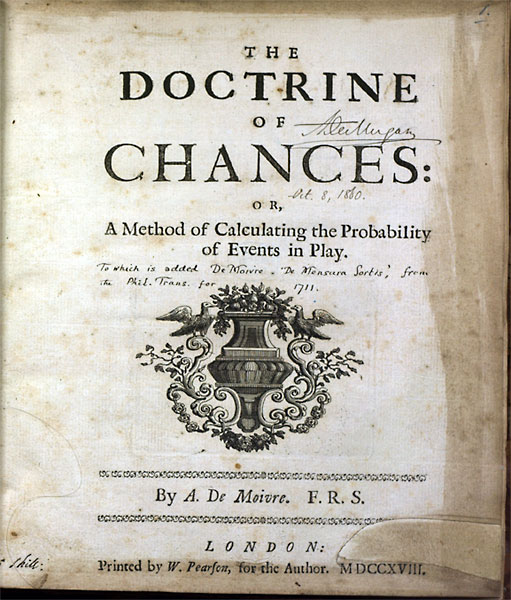
Last updated 16th of January 2021.
